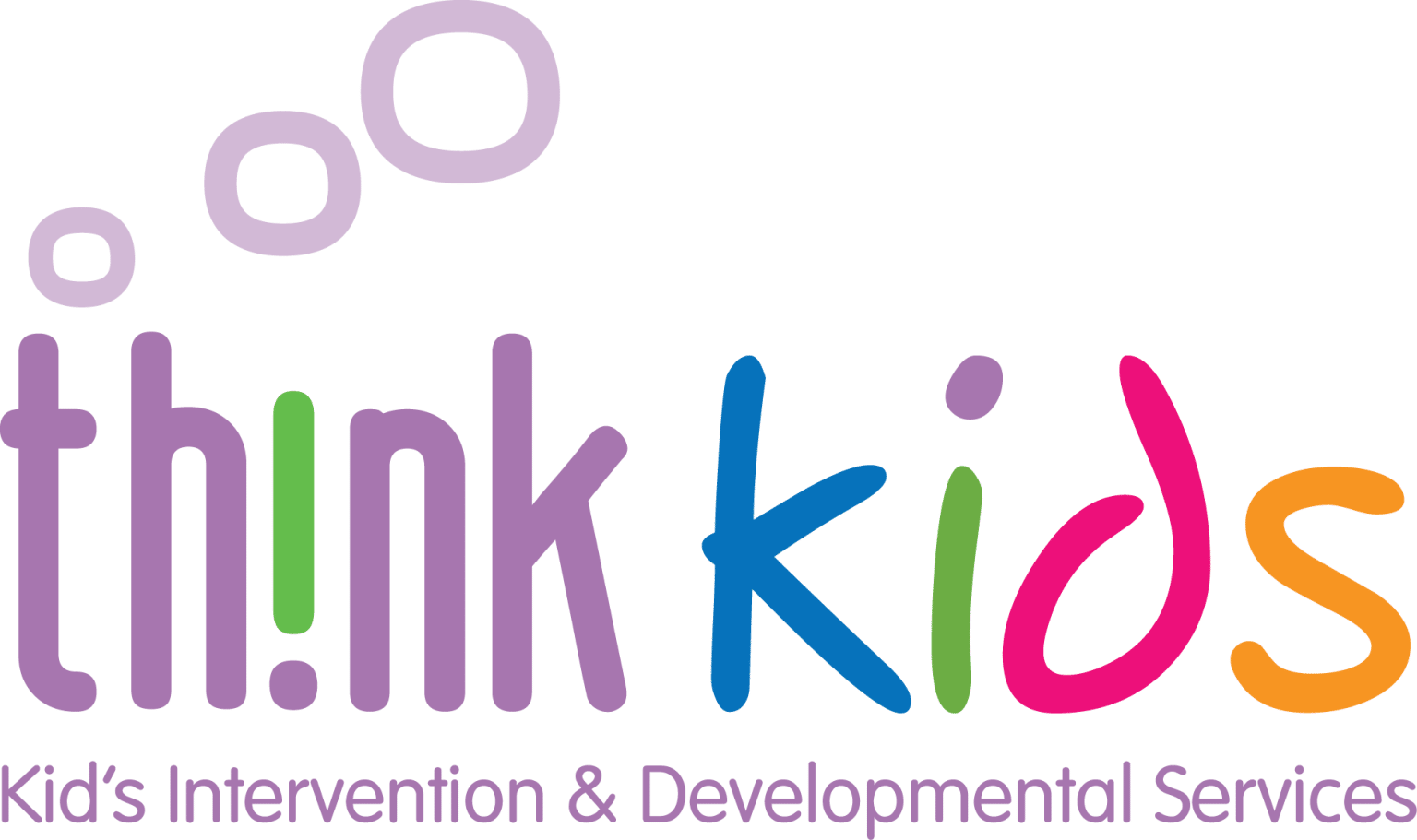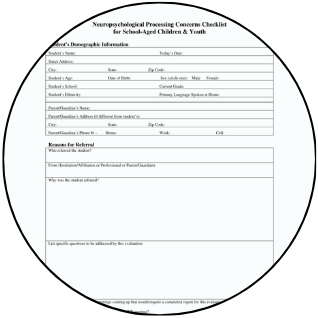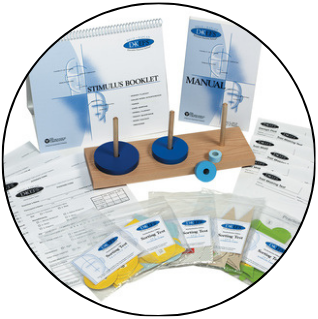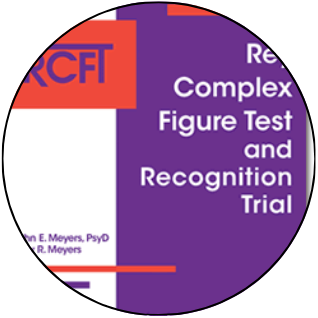
Empowering Families & Educators
We are dedicated to empowering families and
educators with a thorough understanding of each
child’s needs. Our evaluations inform interventions
that are truly individualized, fostering an
environment where every child can succeed.






